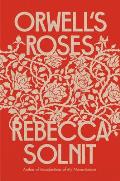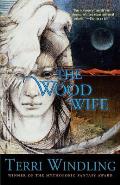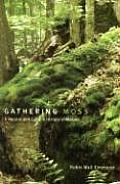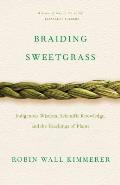
Subtitle: Abundance and Reciprocity in the Natural World
Recommended to me by: Reading Kimmerer’s other books
Robin Wall Kimmerer is an Indigenous scientist, writer, and teacher. She shares the gathered wisdom of her Potawatomi tribe, along with her knowledge of the ins and outs of academia as a botanist.
She compares the Indigenous gift economy, which is in harmony with the natural world, to capitalist economics that try to extract maximum value, wrecking the natural world. The book is small and brief, 100 pages, illustrated with pen and ink drawings.
The serviceberry bush has many names because it is important to many communities and cultures. The berries are eaten fresh, and dried to make pemmican for travel and winter months. Birds also feast on the berries. Their abundant berries lead to gratitude, which leads to reciprocity and paying it forward, which feeds the cycle of life. A specific instance of picking serviceberries described in vivid detail provides a rich scaffold for considering how we can learn from plants and live better.
How can we grow gift economies within and alongside the capitalist system? There are already little free libraries, tool libraries, neighborhood food banks, trash nothing and buy nothing online groups, and neighborhood organizations for mutual aid.
This book is a joyful celebration of all of those, along with a careful, encouraging exploration of a positive direction to replace the negative of capitalism. The more we can each support our local gift economies, the more joy and sustainability we bring into our lives.
Highly recommended.




